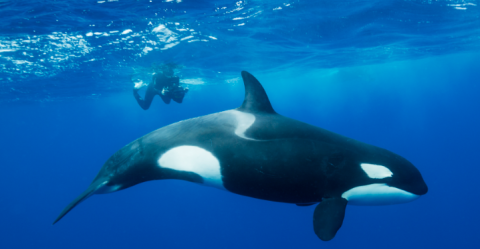Strait of GBZ
After an in-depth study of the current tables of the French SHOM and the evolution of the weather forecast, we decide to leave early at 08:00 February the 10th with the current still unfavorable in order to arrive in 5 hours with the full tide towards the west and therefore favorable to us in the Strait of Gibraltar . Bad and steep waves made navigation not easy but 30 miles from the strait we achieved unexpected speeds of up to 10 knots thanks to the favorable current.
Bad and steep waves made navigation not easy but 30 miles from the strait we achieved unexpected speeds of up to 10 knots thanks to the favorable current.
At GBZ Anna and Emma are waiting for us to say hello for a few days before entering the Atlantic.
Our restart is with the arrival of the new east wind on Wednesday 14th.
So until Tuesday "my women" can stay with us and enjoy the English drizzle of the Rock.
But on Tuesday the bus booked for Seville is canceled and therefore it is difficult for Anna and Emma to return to Portugal. So a nice rent a car resolves the impasse and in the morning we leave for Seville convinced of peacefully extending our mini-vacation together.
Unfortunately, the strike fever of the French farmers, after having also influenced the Italian farmers, today also hit Spain with a huge motorway blockade. Result...missed the bus to Seville but took the second one arriving late in Faro.
My return to GBZ was again blocked with a late night arrival.
At GBZ Anna and Emma are waiting for us to say hello for a few days before entering the Atlantic.

The next day we set sail from the port of Alcaidesa to the refuel de-taxed station.
850 liters in the boat tank + 220 liters in jerrycans stocked in the aft lockers and some outside! With that we can have authonomy for 1200 nautical miles...just to survive the ITCZ Intertropical Convergence Zone where the total absence of wind could be very extensive.
Curiosity. At the time of the first Portuguese, Spanish, English and French nautical explorations, galleons carried not only food and water but also horses and mules for transport once on land.
Often, sailing in these very hot equatorial areas, they were forced to throw the heaviest animals (horses) overboard in order to be lighter and get out of these vast areas more quickly, which in many cases risked deaths due to dehydration. From that time this area is called "Horse latitudes".

Then we headed to Tanger, the gateway to Africa!



0 Comments